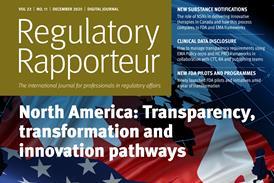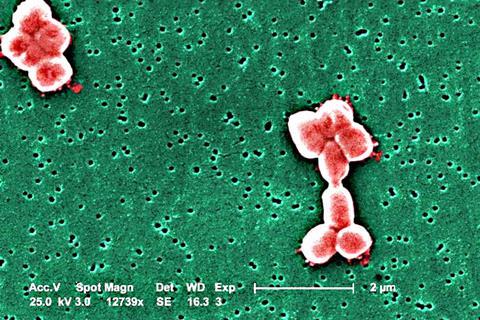An entirely novel class of antibiotic has been discovered that appears to be effective against one of the three bacteria considered by the World Health Organization (WHO) to pose the greatest threat to human health due to their extensive drug-resistance.
Antibiotic resistance poses an increasingly serious problem in clinics, particularly among gram-negative bacteria because of the nature of their outer shell which contains a lipopolysaccharide (LPS).
The novel antibiotic, called Zosurabalpin, was identified by Roche and has been shown to be capable of blocking the growth of Acinetobacter baumannii (A baumannii). In animal (mouse) models of pneumonia and sepsis, Zosurabalpin has defeated highly drug-resistant strains of Carbapenem-resistant Acinetobacter baumannii (Crab). The drug kills the bacterium by preventing LPS from being transported to its outer membrane.
Crab has been classified as a Priority 1 Critical Pathogen by the WHO, alongside two other drug-resistant forms of bacteria – Pseudomonas aeruginosa and Enterobacteriaceae.
No new antibiotic for gram-negative bacteria has been approved in more than 50 years, and progress of new drugs from animal to human studies remains extremely difficult.
A baumannii first emerged as a ‘mystery infection’ among the US military returning from the Iraq war in 2003-04. It was described by the BMC Infectious Diseases journal, which specialises in hospital epidemiology, as: the ‘most important emerging hospital-acquired pathogen worldwide’.
“[The] LPS [outer shell] allows bacteria to live in harsh environments, and it also allows them to evade attack by our immune system,” said Dr Michael Lobritz, the global head of infectious diseases at Roche Pharma Research and Early Development in Basel, Switzerland, which developed the new drug.
“This is the first time we’ve found anything that operates in this way, so it is unique in its chemical makeup and mechanism of action,” Lobritz added.
Further reading:
https://doi.org/10.1038/s41586-023-06799-7

































No comments yet